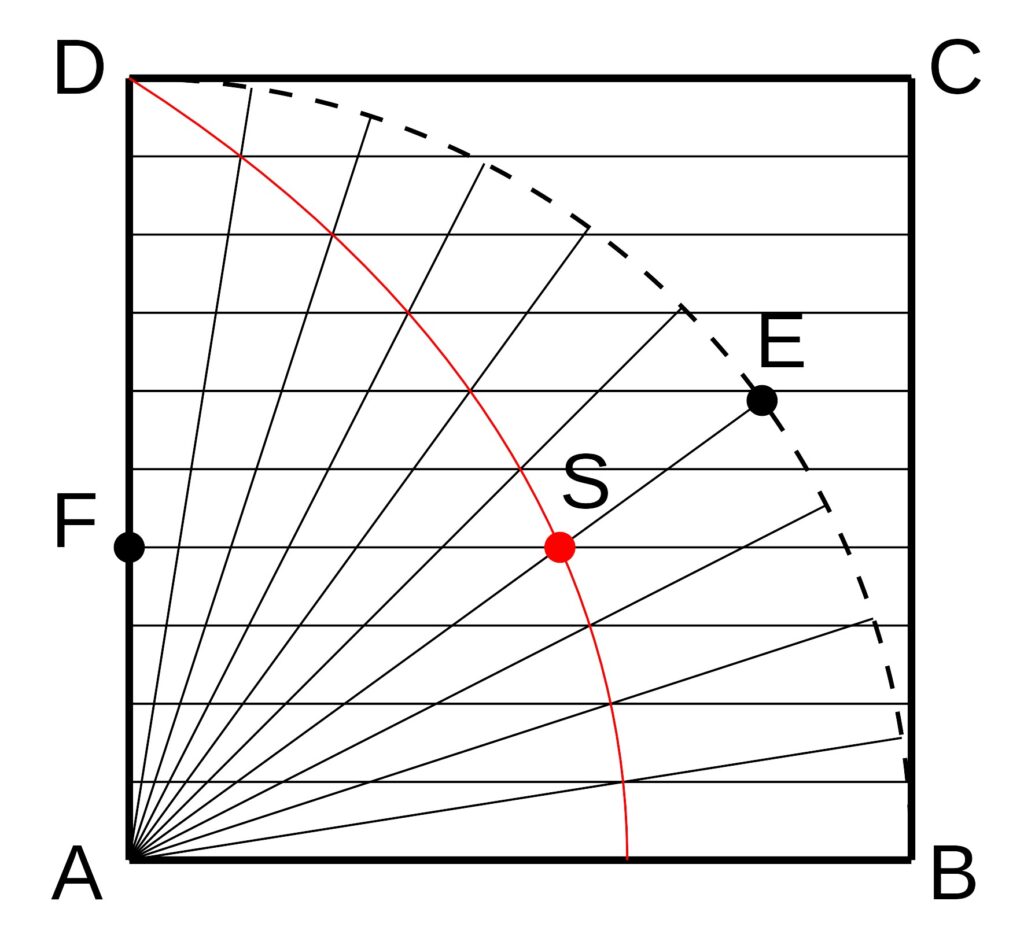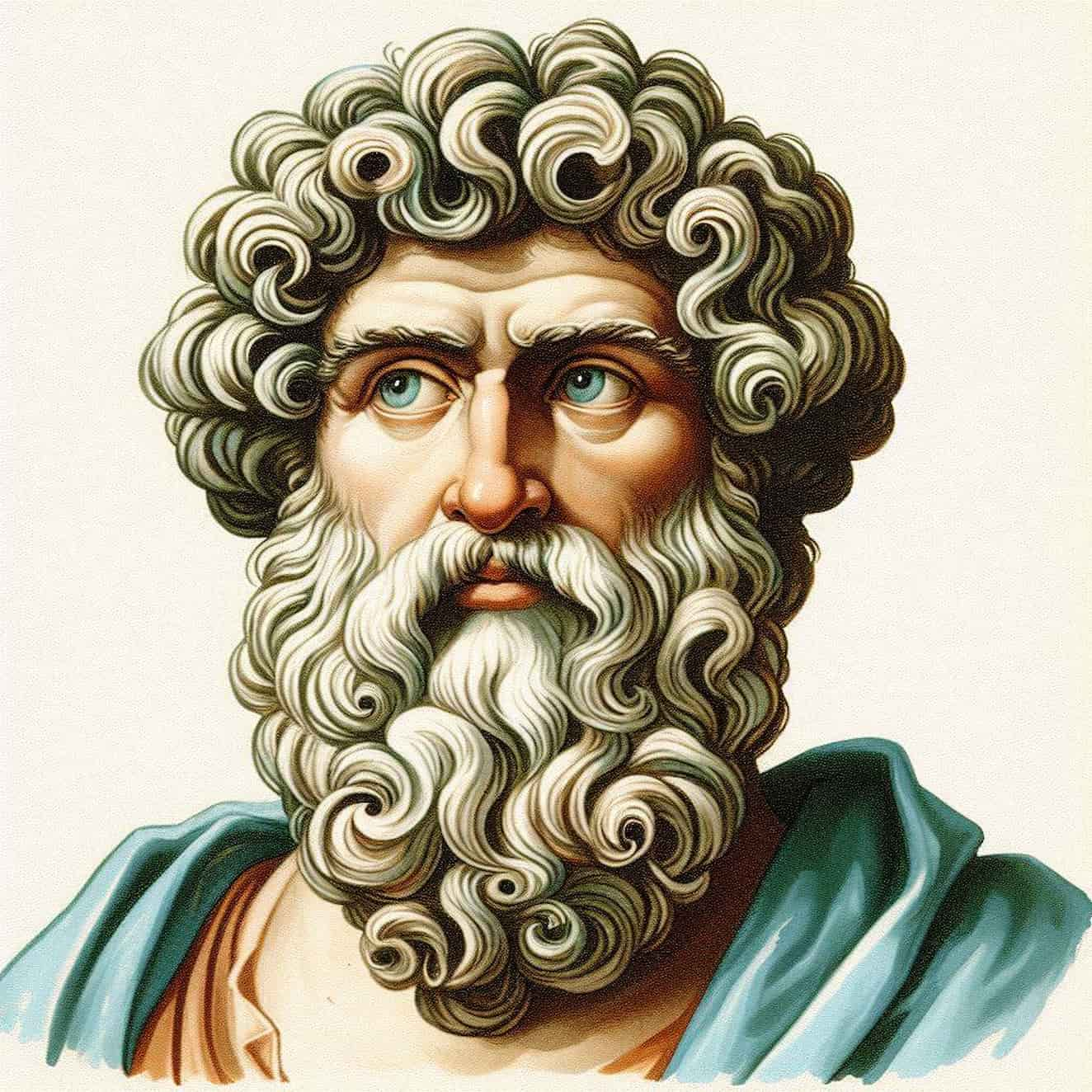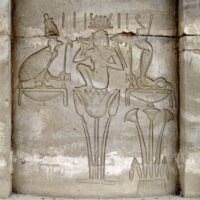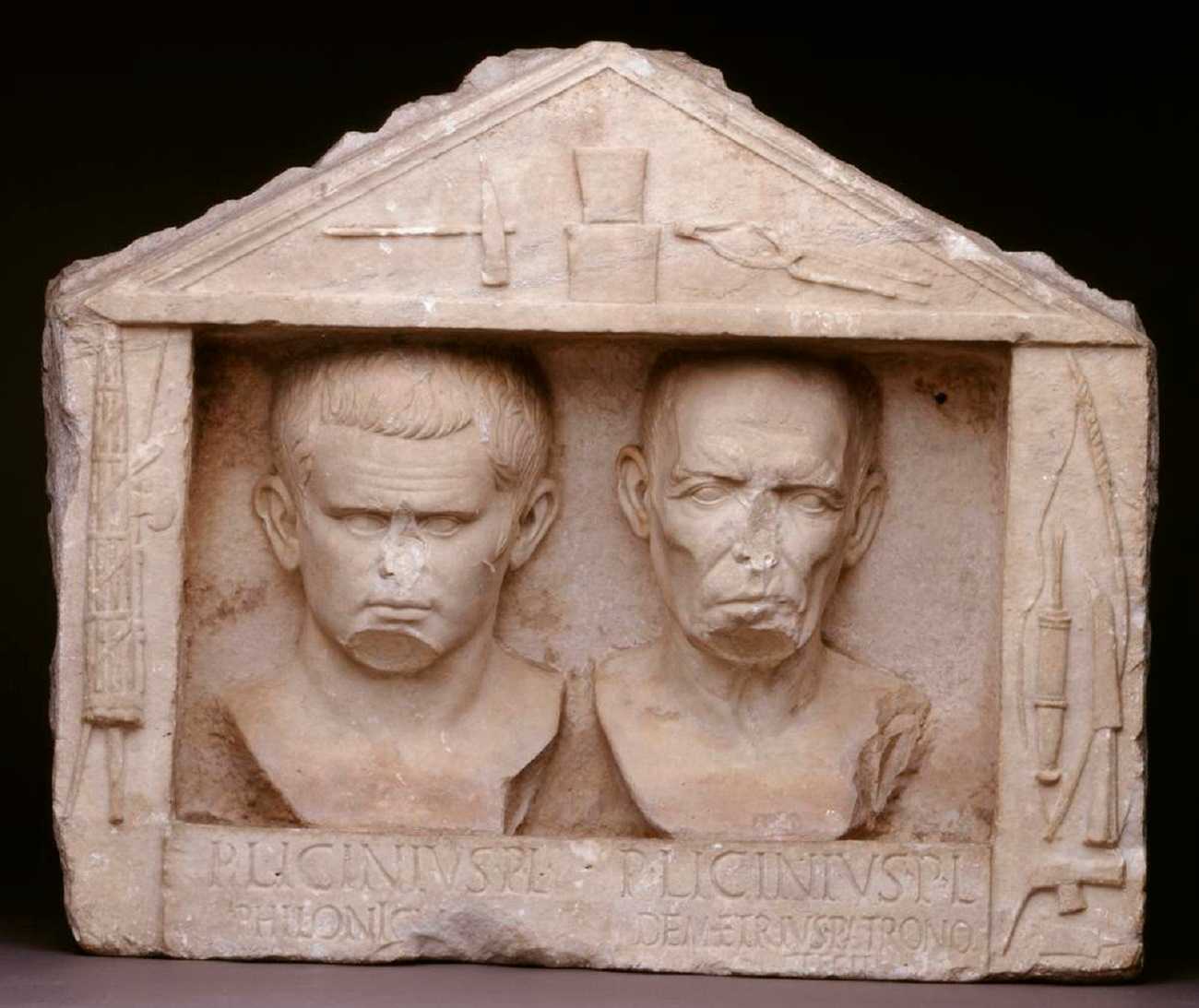Hippias of Elis (circa 470 BCE, Elis in the Peloponnese — after 399 BCE) was an ancient Greek philosopher-sophist and mathematician, a contemporary of Socrates. He was distinguished by the encyclopedic nature of his knowledge and the breadth of his interests. In addition to philosophical treatises, he wrote literary works in epic, lyrical, and tragic genres. He is the author of the world’s first history of philosophy. In his homeland, the philosopher was often entrusted with diplomatic missions.
| Hippias | |
|---|---|
| Ancient Greek: Ἱππίας | |
| Date of birth | circa 470 B.C.E. |
| Place of birth | Alida |
| Date of death | after 399 B.C.E. |
| Country | Ancient Athens |
| Language(s) of the works | Ancient Greek |
| School/Tradition | sophistry |
| Main Interests | Philosophy, Geometry |
Hippias’s philosophical ideas laid the foundation for the emergence and further development of egalitarianism and cosmopolitanism. Hippias is classified among the “older sophists,” whose names are associated with the emergence of the philosophical direction of sophistry. Hippias is also known for his achievements in mathematics. His name is linked to the description of the quadratrix and the solution to the angle trisection problem.
Hippias is a character in several Socratic dialogues by Plato and Xenophon. These dialogues depict philosophical disputes between Hippias and Socrates. Considering that the works were written by Socrates’s students, Hippias may be portrayed in a somewhat distorted manner.
Biography
Hippias was born in Elis, a region in northwest Peloponnese, around 470 BCE. In the 10th-century encyclopedia “Suda,” Hippias’s father is named Diopithes.
Biographical information about Hippias is scarce. He gained fame due to his extensive knowledge in many fields of study. In antiquity, he was nicknamed “the polymath” (Greek: Πολυΐστωρ, Polyistor). Even among other sophists who possessed encyclopedic knowledge, Hippias stood out for the breadth of his interests. In addition to philosophical treatises, he created literary works in various genres (epic, lyrical, and tragic). He is credited with compiling a list of Olympic victors, which was of great significance for dating various events in Greek history. Hippias authored the book “Collection” (Greek: Συναγωγή), which, according to one version, was the first history of philosophy. His approach to its creation was revolutionary. While Hippias’s predecessors may have referred to various philosophers only to criticize their assertions, he aimed to show that the teachings of predecessors and contemporaries depended on the “opinions of the ancients.” According to a more widespread version, the “Collection” was a compendium of information on natural philosophy and genealogy. In this book, Hippias attempted to find the origins of philosophy in mythology. For example, in the teaching of Thales of Miletus that “water is the principle of all things,” Hippias saw a connection with the myth of the primordial god Oceanus.
In Elis, Hippias was entrusted with diplomatic missions, most often to Sparta. Hippias also visited Athens, where he had the opportunity to debate with Socrates and other famous philosophers of the time.
Hippias possessed numerous practical skills. At Olympia, he demonstrated the ability to be self-sufficient, using only items he had handmade — shoes, a cloak, a chiton, a belt, a ring, and items necessary for ablutions.
As a teacher of wisdom, Hippias charged his students large sums of money. In addition to philosophy, he taught astronomy, music, geometry, phonetics, mnemonics, and meteorology. Hippias was distinguished by excellent oratory skills and an extraordinary memory. He became famous for his ability to deliver a speech on any topic without prior preparation.
The late antique author Tertullian claimed that Hippias was “killed because he was plotting against his city.” According to historian S. Dushanich, this event could have occurred around 385 BCE. Possibly, Tertullian identifies Hippias the philosopher with his namesake — the tyrant of Athens, who, after being exiled, began to serve the Persians and participated on their side in the Battle of Marathon. Historians usually date Hippias’s death as “after 399 BCE.” It is associated with Socrates’s mention of Hippias in his defense speech at the trial in 399 BCE.
Philosophical Teaching
Hippias is classified among the elder group of sophists, whose names are associated with the emergence of this direction in philosophy. He believed that in life, one should be guided primarily by the laws of nature, rather than human decrees. Nature unites people, while law separates them. If the law is opposed to nature, it will bring suffering. Hippias laid the foundation for the desacralization of human laws, subjecting their very existence to criticism. However, his conclusions were not destructive in nature. Based on natural law, there should be no division among citizens of different city-states, nor should they be discriminated against based on their origins. Moreover, in this concept, slavery is considered unnatural, as it arose not “from nature” but “from transient social relations.” Hippias’s ideas laid the groundwork for the emergence and further development of egalitarianism and cosmopolitanism.
Hippias is credited with authorship of one of the earliest contractual theories of the origin of the state and law. The philosopher’s line of reasoning can, with certain allowances, be reproduced as follows. There are “written” and “unwritten” laws. Unwritten laws are observed in all countries. They could not have been created by people, as they are physically incapable of gathering together and determining what can and cannot be done. Thus, unwritten laws are natural. Written laws are created by the citizens of each specific city-state and country. Accordingly, written laws differ. Hippias did not deny their necessity, but he noted that law does not always bring good. Moreover, a bad law, which does not ensure the “natural” rights inherent to all people, is harmful. The need for periodic changes in legislation indicates its imperfection. Thus, Hippias explained the existence of numerous independent state entities. Perhaps he also advocated for the existence of some kind of analogue of international law common to all states.
It is not impossible to exclude the authenticity of Hippias’s statement in “Protagoras” that intellectuals are kin and citizens “by nature,” although not so by law. It can be considered an attempt to find justification for the solidarity of the scholarly community against the backdrop of external conflicts between their native city-states.
The assertion that Hippias considered self-sufficiency or autarky as the goal of life is an anachronism. It is based on a fragment in which Hippias is depicted as a “jack of all trades,” capable of making everything necessary by himself. Information from ancient texts may only indicate that Hippias, based on his own example, considered autarky achievable.
Mathematical Achievements

Hippias is associated with the discovery of the quadratrix, which he used to solve the angle trisection problem. In scientific literature, there is an opinion that the quadratrix was described by a certain Hippias the mathematician, namesake of the philosopher. Hippias’s discoveries in the field of curves prompted the famous politician, philosopher, and mathematician Archytas of Tarentum to conduct research. Proclus Diadochus, in one of his comments on Euclid’s works, wrote: “Thus, Apollonius derived the main characteristic for each of the conic sections, Nicomedes for the conchoid, Hippias for the quadratrix, and Perseus for the spirals.” The transcendent curve of Hippias received the name quadratrix later, when Dinostratus was able to solve the problem of squaring the circle with its help. Therefore, it may also be called “Dinostratus’s quadratrix.”
Hippias’s merit in this case lies in the continuous correlation of two uniform motions — circular and rectilinear. Another ancient mathematician, Sporus, opposed such an approach: “Indeed, how can one make two points move from B in uniform motion so that one point comes to A along a straight line and the other point comes along the arc to D, if we do not know from the very beginning how the lengths of this straight line and arc relate to each other? After all, it is precisely in this respect that the speeds of both movements should be.” However, despite the fact that solving the problem using the quadratrix cannot be considered truly geometric, the quadratrix itself is used to solve various mathematical problems.
Hippias in Plato’s and Xenophon’s Socratic Dialogues
| Plato. “Hippias Major.” 283 a You, Hippias, present a splendid and important proof of wisdom, both your own and that of people in general, — how much they differ from the ancients! According to you, the ignorance of people who lived before was great. It is said that the opposite happened to Anaxagoras compared to what happens to you: he inherited a large fortune, but due to recklessness, he lost everything — what an imprudent sage he was! Similar things were said about others who lived in ancient times. So, it seems to me, you present a splendid proof of the wisdom of present-day people compared to the past. Many agree that a wise person should first and foremost be wise for themselves. This is defined as follows: wise is the one who has earned more money. But enough about that. Tell me this: … |
Hippias is portrayed as an active participant in three Socratic dialogues by Plato — “Protagoras,” “Hippias Major,” and “Hippias Minor,” and also mentioned in “Apology” and “Phaedrus.” The dialogue between Hippias and Socrates is the subject of Chapter IV of Book IV of Xenophon’s “Memorabilia of Socrates.” These works describe philosophical disputes between Hippias and Socrates. Plato and Xenophon were disciples of the latter. Hippias represented the opposite direction to the “Socratic” philosophy — sophistry. These sources are very important in describing the details of Hippias’s biography but may present the philosopher in a somewhat distorted light. Diogenes Laërtius (2nd–3rd century) also emphasized that “Even speaking in the voice of Socrates and Timaeus, Plato presents his own doctrines. And he refutes false opinions by introducing such characters as … Hippias … and others like them.”
Plato ridicules Hippias’s numerous knowledge, considering them superficial. At the same time, he portrays the philosopher as a foolish and boastful person with a lack of self-criticism. Hippias’s main motive is presented as a passion for gain. Greed is alien to Hippias. Money is not an end in itself for him but a measure of success. The opinions he expresses with great confidence turn out to be incorrect. In dialogues with Socrates, he suffers a complete defeat.
In “Hippias Major,” despite his knowledge, the character is portrayed as a foolish person. He cannot understand the difference between the particular and the general, between essence and appearance. When asked “What is beauty?” — Hippias answers: “A beautiful girl.” Socrates is interested in “beauty in itself, thanks to which everything else is adorned and appears beautiful — as soon as this idea attaches itself to something, it becomes a beautiful girl, mare, or lyre?” The dialogue formulates the idea that the definition of a concept is the definition of its essence, which should be understood as the unity in the diversity of its manifestations. Towards the end of the conversation, even Hippias, despite his foolishness, begins to guess what Socrates wants from him.
In the works of Plato and Xenophon, Hippias becomes the object of Socrates’s irony, which causes his indignation. So, to the question: “Your discovery is a great boon to humanity: … I, of course, will not leave you until I hear your account of the discovery of such a great blessing” — Hippias, to avoid getting into a comical situation, avoids answering: “you will not hear this, … enough of you mocking others — asking everyone questions and refuting them, while not wanting to give an account yourself and not wanting to express your opinion on anything.”
References
- Diogenes Laertius. On the Life, Teachings and Sayings of Famous Philosophers.
- Xenophon. Socratic Writings.
- Plato. Collected Works in Four Volumes.





















